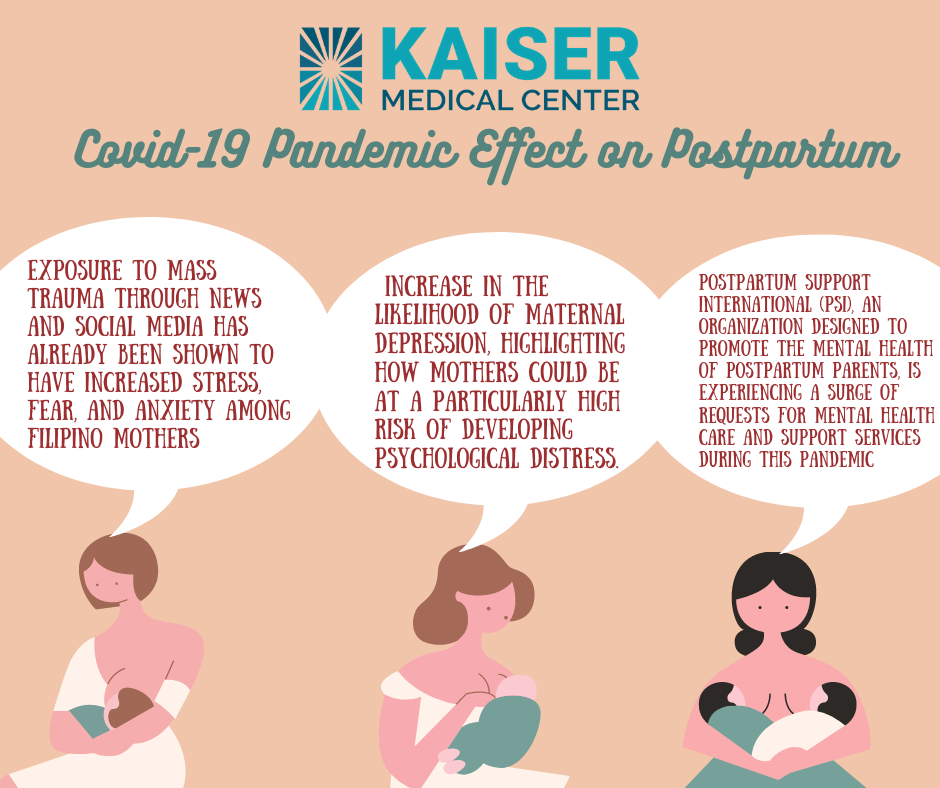Since its outbreak at the beginning of 2020, the COVID-19 epidemic has significantly impacted many countries. The Philippines is one of the Southeast Asian countries most affected by it in terms of the death toll and diffusion. The Philippines has also undergone one of Asia’s longest and most severe quarantine. The restrictive measures set up to stop the virus have caused the shutdown of all non-essential businesses and services, including schools, daycares, universities, and almost any kind of workplace, forcing Filipinos to remain confined in their homes for 3 months. This has caused not only serious social isolation and the disruption of daily habits but often a job loss or a reduction in financial income.
These restrictive measures and their effects, on top of the loss of close ones and the indirect exposure to mass trauma through news and social media, have already been shown to have increased stress, fear, and anxiety among Filipinos, significantly affecting their psychological well being, especially in the case of more vulnerable and or at risk. Many researchers have pointed out an increase in depressive symptoms during COVID-19 in the general population and have specifically identified an increase in the likelihood of maternal depression, highlighting how mothers could be at a particularly high risk of developing psychological distress.
While postpartum depression is a major health issue for many women from diverse cultures, this condition often remains undiagnosed. Although several measures have been created to detect depressive symptomatology in women who have recently given birth, the development of a postpartum depression screening program requires careful consideration.
Transition to maternity, and gestation of the first child, has been identified as a crucial life event. The ease or difficulty in which the woman makes his transition significantly affects her marital relationship and her early interactions with the child. Symptoms of postpartum depression often include sleep disturbance, anxiety, irritability, a feeling of being overwhelmed, and an obsessional preoccupation with the baby’s health and feeding.
The time around pregnancy and birth is already a vulnerable time for many people. Without a worldwide pandemic, depression during pregnancy and the postpartum period affects roughly one in five people. Stressful life events, like living through this pandemic, can increase the risk for postpartum depression and other mood disorders like anxiety, postpartum obsessive-compulsive disorder (OCD), and/or posttraumatic stress disorder.
Postpartum Support International (PSI), an organization designed to promote the mental health of postpartum parents, is experiencing a surge of requests for mental health care and support services during this pandemic. This isn’t surprising, considering many new parents may be feeling isolated during this quarantine, and lack of social support is a risk factor for postpartum depression. It’s also possible that some people with newborns may receive more support from their quarantined partners during this health crisis.
This pandemic is no doubt a stressful time to be pregnant or parenting a newborn. Preparing and adding some flexibility to your plans may help you cope. While you are pregnant, some of your scheduled visits with your obstetric provider may take place over the phone or in the video. Some online birth classes are currently being offered free of charge.
It might relieve some anxiety to make a postpartum plan before the birth of your baby. Ask friends and family to check in with you each day over the phone or video. Ask critical support people to send groceries and baby supplies once a week for the first six weeks. Your obstetrician or midwife can refer you to a local postpartum doula or lactation consultant, or search online for one in your area.
If you are pregnant or postpartum and have been diagnosed with COVID-19, look to your healthcare provider for how to manage your symptoms and make the best plan for you and your family. One recommendation is Kaiser Medical Center! Hurry up and schedule an appointment now!
